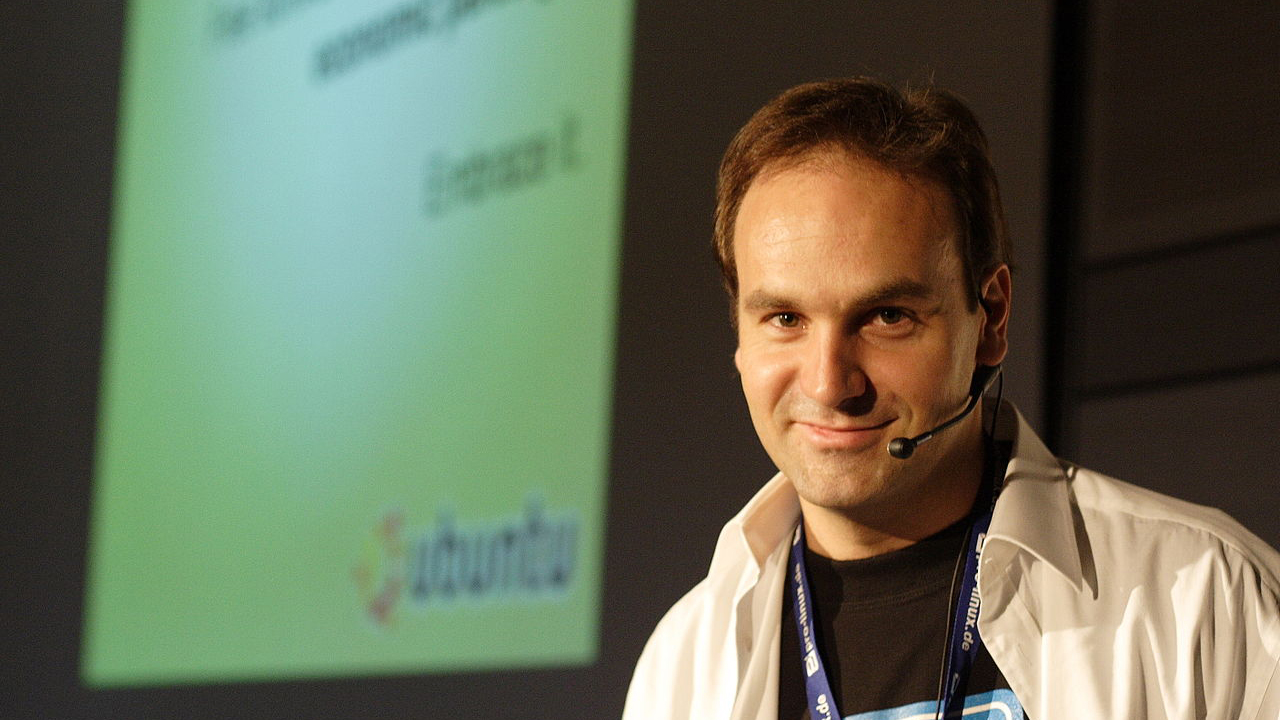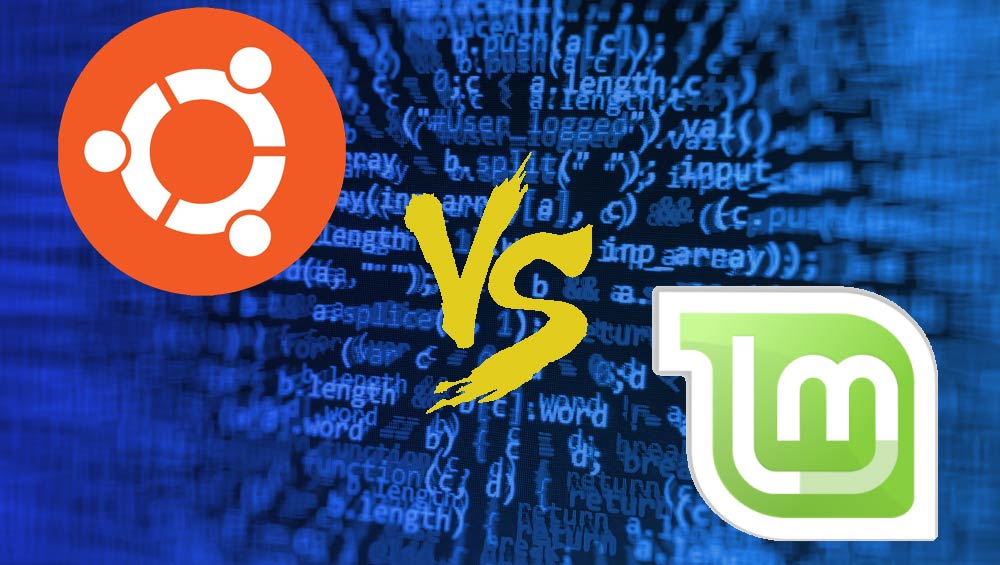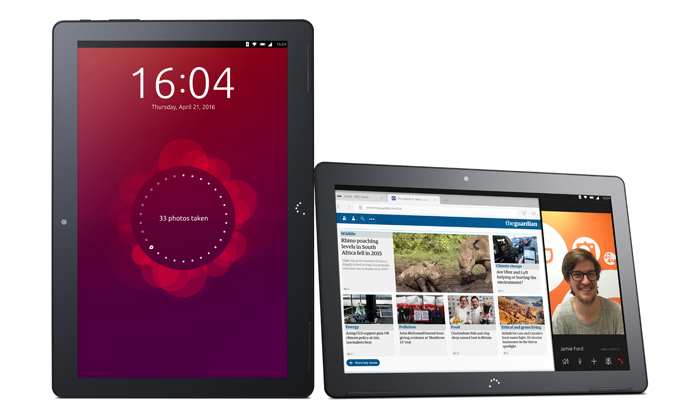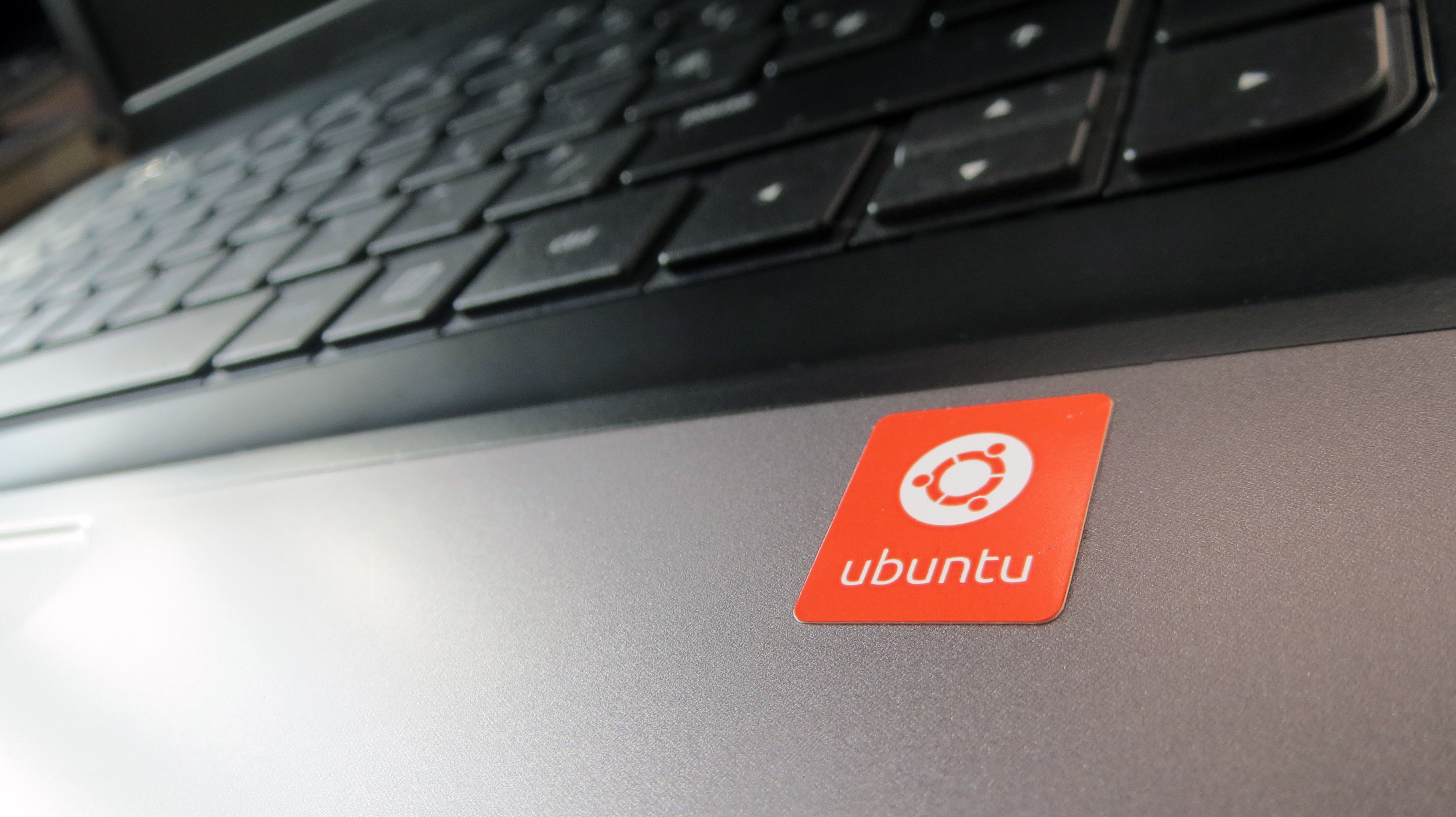No strategic change for Canonical, says Mark Shuttleworth
Founder outlines focus on cloud, IoT, and machine learning


Mark Shuttleworth doesn't intend to make any "significant change" to Canonical's executive direction and strategy now that he has resumed his position as CEO.
The founder of Canonical, behind the open source operating system Ubuntu, retook his former post as head of the company in July, replacing the long-serving Jane Silber, who took over for him in 2010 when he transitioned to a more product-focused role.
"She had a good stint, which was extended several times, and so now it's my turn back at the helm," Shuttleworth told IT Pro in an interview last week. However, he made it clear that he was not planning on making any major changes to the company's business model.
"She and I have worked closely throughout her tenure," he said. "It doesn't really represent a very significant change in executive direction, because she and I were always pretty closely aligned on how we wanted things to work."
Canonical's focus will remain on enterprise-facing business segments like its cloud and IoT divisions, Shuttleworth said, as well as on advanced areas like workloads for machine learning and self-driving cars, but he didn't share any details on forthcoming products. However, he reaffirmed that Canonical's desktop product is not about to be left behind.
"The desktop is important to us, because that's what those developers use," he said. "If you walk down the corridors at Google, or Netflix, or any of the companies that are essentially defining that next generation of Software-as-a-Service or cloud-centric services, you'll see Ubuntu on all sides."
Canonical ditched plans for a mobile rollout of Ubuntu in April, killing off development plans for Unity 8, a phone and convergence shell, in favour of shifting its default desktop back to GNOME for Ubuntu 18.04 LTS, which is due to ship in April 2018. In a discussion sparked by a Google+ post discussing the ditched plans, Shuttleworth hit out at members of the open source community who had previously complained about Mir, a display interface that Canonical developed to enable the Unity 8 project, calling them "muppets".
Get the ITPro daily newsletter
Sign up today and you will receive a free copy of our Future Focus 2025 report - the leading guidance on AI, cybersecurity and other IT challenges as per 700+ senior executives
He also said: "I used to think that it was a privilege to serve people who also loved the idea of service, but now I think many members of the free software community are just deeply anti-social types who love to hate on whatever is mainstream."
Speaking to IT Pro, Shuttleworth said he's pleased to be back behind the wheel of his company, saying: "It's a pleasure. I believe there's a phenomenal team in place."
Picture credit: Wikimedia Commons
Adam Shepherd has been a technology journalist since 2015, covering everything from cloud storage and security, to smartphones and servers. Over the course of his career, he’s seen the spread of 5G, the growing ubiquity of wireless devices, and the start of the connected revolution. He’s also been to more trade shows and technology conferences than he cares to count.
Adam is an avid follower of the latest hardware innovations, and he is never happier than when tinkering with complex network configurations, or exploring a new Linux distro. He was also previously a co-host on the ITPro Podcast, where he was often found ranting about his love of strange gadgets, his disdain for Windows Mobile, and everything in between.
You can find Adam tweeting about enterprise technology (or more often bad jokes) @AdamShepherUK.
-
 Should AI PCs be part of your next hardware refresh?
Should AI PCs be part of your next hardware refresh?AI PCs are fast becoming a business staple and a surefire way to future-proof your business
By Bobby Hellard
-
 Westcon-Comstor and Vectra AI launch brace of new channel initiatives
Westcon-Comstor and Vectra AI launch brace of new channel initiativesNews Westcon-Comstor and Vectra AI have announced the launch of two new channel growth initiatives focused on the managed security service provider (MSSP) space and AWS Marketplace.
By Daniel Todd
-
 Linux just hit an all-time high share of the global desktop market — and surging popularity in India is driving uptake of the open source operating system
Linux just hit an all-time high share of the global desktop market — and surging popularity in India is driving uptake of the open source operating systemNews Linux is still dwarfed by operating systems such as Windows, but it’s making modest gains off the back of growing popularity in emerging markets
By Steve Ranger
-
 Linux Blue Screen of Death gives users a taste of the dreaded Windows feature
Linux Blue Screen of Death gives users a taste of the dreaded Windows featureNews The Linux Blue Screen of Death has been added in a recent update
By Ross Kelly
-
 Dell’s XPS 13 Plus becomes first Ubuntu 22.04-ready laptop
Dell’s XPS 13 Plus becomes first Ubuntu 22.04-ready laptopNews The device is the latest result of Dell and Canonical’s ten-year Project Sputnik, which aims to create high-end Dell systems with Ubuntu preinstalled
By Zach Marzouk
-
 Linux Mint vs Ubuntu: Which one is better?
Linux Mint vs Ubuntu: Which one is better?In-depth Linux Mint vs Ubuntu is a lingering debate among Linux users, but what are the differences?
By Connor Jones
-
 Canonical launches first ‘converged device’ for Ubuntu OS
Canonical launches first ‘converged device’ for Ubuntu OSNews Ubuntu joins Windows 10 and OS X El Capitan with cross-device support
By Aaron Lee
-
 Ubuntu 15.04 updates mobile, cloud and IoT
Ubuntu 15.04 updates mobile, cloud and IoTNews The Vivid Vervet version of Ubuntu, 15.04, is now available for free download
By Nicole Kobie
-
 Ubuntu Touch smartphone 2014 release by major OEM unlikely
Ubuntu Touch smartphone 2014 release by major OEM unlikelyNews Canonical's community manager admits a 2014 release date is optimistic thinking for an OEM-made handset.
By Caroline Donnelly
-
 Android/Ubuntu crowd-sourced smartphone nets $3.7m donations in 3 days
Android/Ubuntu crowd-sourced smartphone nets $3.7m donations in 3 daysNews Updated: Firm has already raised $3.7 million of its $32 million 30-day target for Android/Ubuntu device that can be used as PC.
By Khidr Suleman